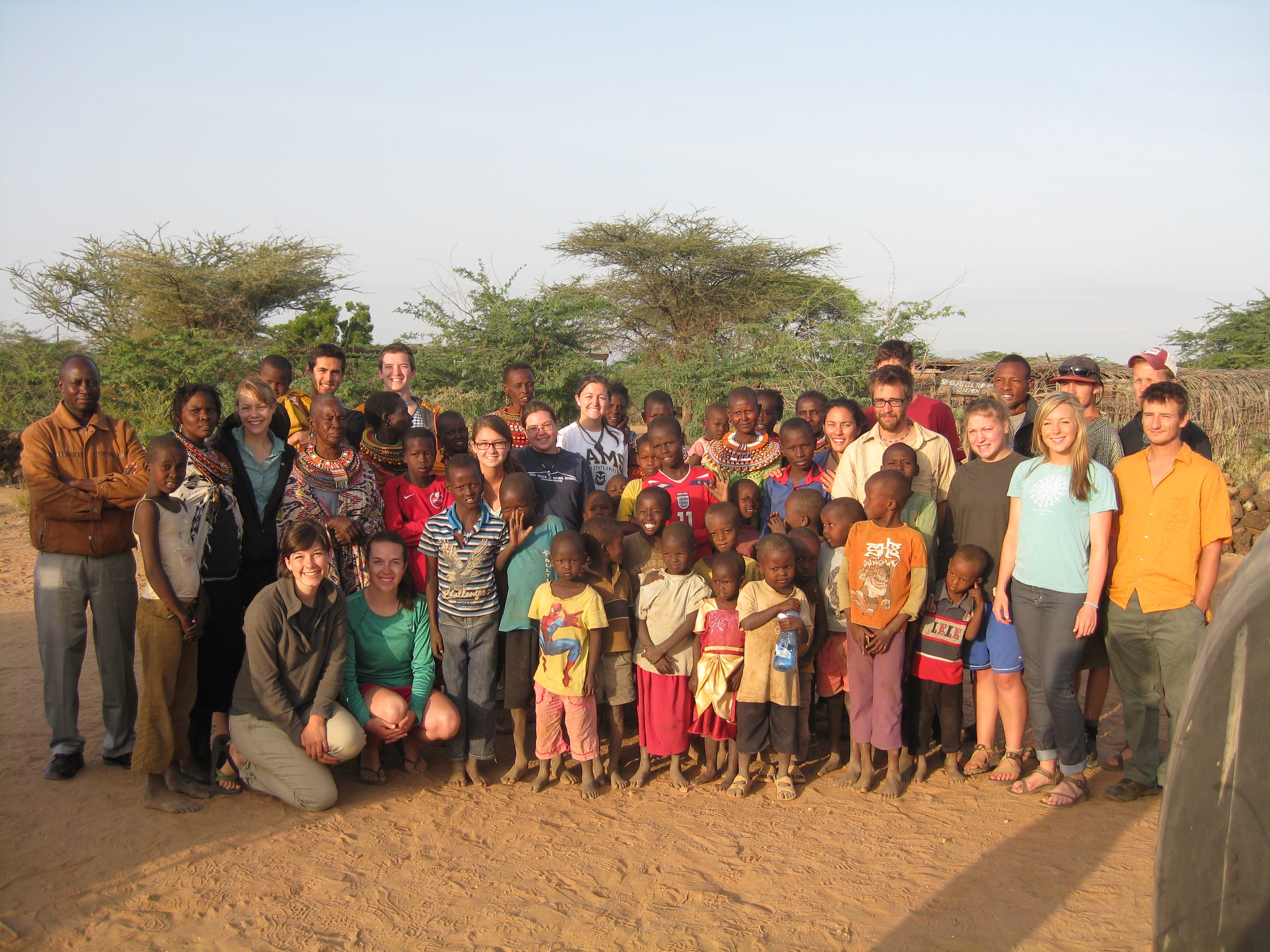NR 320: Natural Resource History and Policy
Most majors in the Warner College of Natural Resources require this course, and it is an option for the Global Environmental Sustainability minor. This also is an All-University Core Curriculum class meeting the AUCC-3D Historical Perspectives requirement. It has large enrollments and is taught as a survey course covering natural resource and public land history, an overview of policy and lawmaking for natural resource students, an introduction to natural resource policy analysis frameworks, and an overview of the major laws and policies affecting all areas of natural resources, including mining, water, endangered species, forests and rangelands, and protected areas.
NR 425: Natural Resource Policy and Sustainability
This is a capstone course for the Forestry major and also is open to students from other programs across CSU. Enrollments have steadily increased to about 40 per semester, as more students from other majors in the College and minors in the Global Environmental Sustainability program have elected to take the course as an advanced natural resource policy class. The course utilizes scholarly readings, case studies, guest lectures, and student-led discussions to critically examine the development, application, and effectiveness of policy instruments to achieve environmental, economic, and social goals related to renewable resource management. Assessment and evaluation activities emphasize synthesis through written and oral communication through evaluation of policy documents and a group project exploring a contemporary natural resource policy issue.
NR 567: Analysis of Environmental Impact
This is a graduate level course co-taught with Dr. Tony Cheng. It focuses on the National Environmental Policy Act (NEPA), relevant administrative regulations, court cases, and other literature on NEPA. The course integrates theoretical and practical dimensions, we utilize a problem-based approach, examining the application of NEPA to particular cases through readings, guest discussants, and class discussion. Students must demonstrate solid critical thinking and synthesis skills through written and oral communication.
NR 382A: Integrated Social and Ecological Field Methods in Kenya
In field-based and classroom settings, students learn research design and ethics, as well as social and ecological field methods in the country of Kenya. This course provides an introduction to common-pool resource management, resilience thinking, the role of traditional ecological knowledge, and other concepts that can be used to guide international natural resource research. Students are taught and practice field methods commonly

used in research concerning natural resources management, including rangeland assessment techniques, wildlife distance sampling, participatory mapping, and interviews with individuals and groups. Student experiences take place in terrestrial grassland ecosystems within both agrarian and pastoral communities living in rural, village, and small town settings. For the last third of the course, students develop research projects that integrate social and ecological methods, collect and analyze data, and present their findings in the field.
